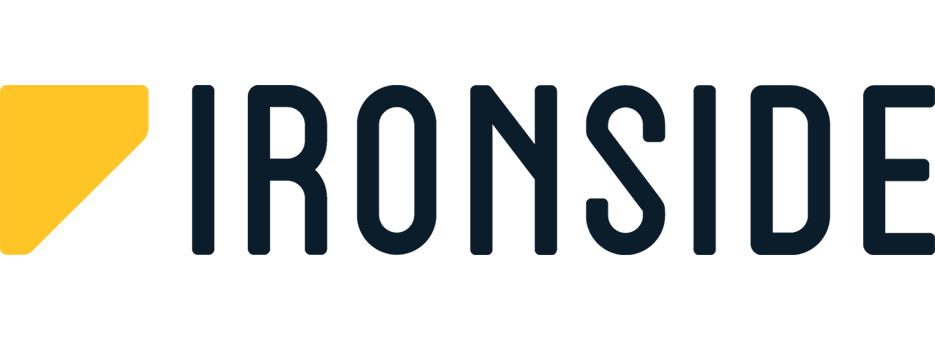https://www.ironsidegroup.com/wp-content/uploads/2018/05/bigstock-204661438.jpg
350
750
Scott Misage
https://www.ironsidegroup.com/wp-content/uploads/2018/03/logo-with-words.png
Scott Misage2018-06-13 11:53:382019-01-22 11:51:053 Ways to Modernize Your Cognos Environment
https://www.ironsidegroup.com/wp-content/uploads/2018/05/bigstock-Young-Plants-Growing-In-A-Very-102736094.jpg
350
750
Ironside Group
https://www.ironsidegroup.com/wp-content/uploads/2018/03/logo-with-words.png
Ironside Group2018-05-29 11:48:112019-01-28 09:17:22Five Essential Capabilities of the Competitive Data-Driven Enterprise
https://www.ironsidegroup.com/wp-content/uploads/2018/03/bigstock-204693388-1.jpg
350
750
Ironside Group
https://www.ironsidegroup.com/wp-content/uploads/2018/03/logo-with-words.png
Ironside Group2018-05-02 11:47:532019-01-22 12:20:05A Marriage of Modes: Unifying Multi-Platform Analytics Ecosystems
https://www.ironsidegroup.com/wp-content/uploads/2018/02/bigstock-Start-Up-Business-Team-Colleag-200077264.jpg
350
750
Geoff Speare
https://www.ironsidegroup.com/wp-content/uploads/2018/03/logo-with-words.png
Geoff Speare2018-03-14 16:21:592019-01-22 12:20:52Data & Analytics Governance: Change is Happening. Are You Ready?
https://www.ironsidegroup.com/wp-content/uploads/2018/01/bigstock-Fist-Bump-Colleagues-Collabora-138988097.jpg
350
750
Ironside Group
https://www.ironsidegroup.com/wp-content/uploads/2018/03/logo-with-words.png
Ironside Group2018-03-05 15:40:472019-01-22 11:24:37Building a Bridge Between Business and IT
https://www.ironsidegroup.com/wp-content/uploads/2018/02/bigstock-136959350.jpg
350
750
Ironside Group
https://www.ironsidegroup.com/wp-content/uploads/2018/03/logo-with-words.png
Ironside Group2018-02-20 10:57:452019-01-22 12:48:16Take Pitney Bowes Data for a Test Drive
https://www.ironsidegroup.com/wp-content/uploads/2018/01/bigstock-190636042.jpg
350
750
Ironside Group
https://www.ironsidegroup.com/wp-content/uploads/2018/03/logo-with-words.png
Ironside Group2018-02-01 14:50:422019-03-18 09:50:18How Mature is Your Data?
https://www.ironsidegroup.com/wp-content/uploads/2017/09/bigstock-Clothes-Shop-Costume-Dress-Fas-157035398.jpg
351
750
Ironside Group
https://www.ironsidegroup.com/wp-content/uploads/2018/03/logo-with-words.png
Ironside Group2017-09-21 10:08:212018-07-12 15:57:17Preserving Retail Profits with Data-Driven Loss Prevention
https://www.ironsidegroup.com/wp-content/uploads/2017/09/bigstock-126612569.jpg
350
750
Ironside Group
https://www.ironsidegroup.com/wp-content/uploads/2018/03/logo-with-words.png
Ironside Group2017-09-11 15:23:402019-01-22 11:23:59Be A Data Champion
https://www.ironsidegroup.com/wp-content/uploads/2016/11/biopharma.jpg
350
750
Pam Askar, PhD
https://www.ironsidegroup.com/wp-content/uploads/2018/03/logo-with-words.png
Pam Askar, PhD2017-09-06 14:29:372019-01-22 12:49:49Advanced Analytics for the Biopharmaceutical Industry

